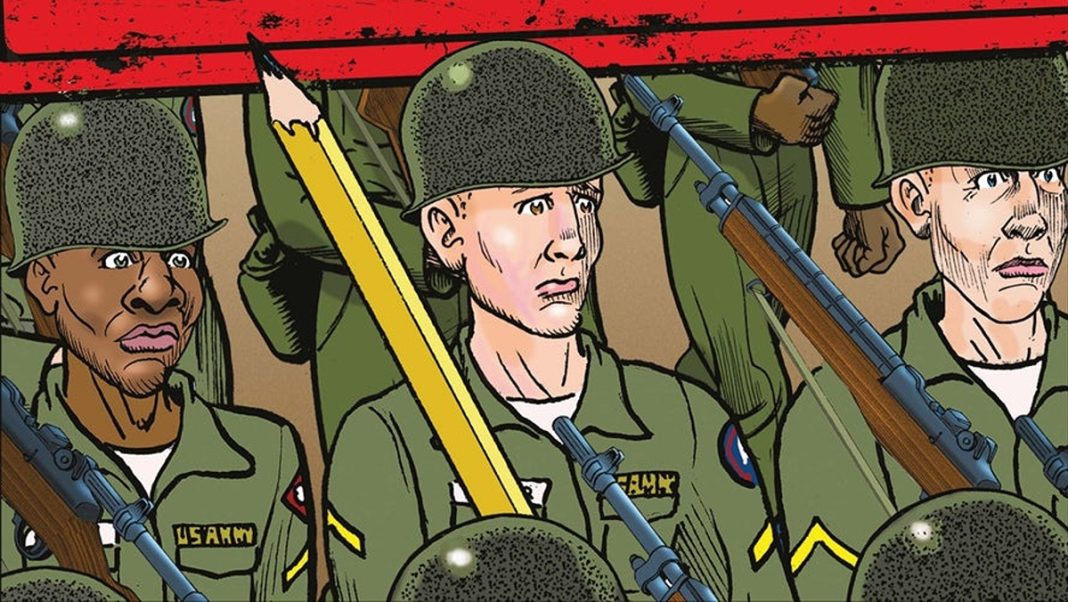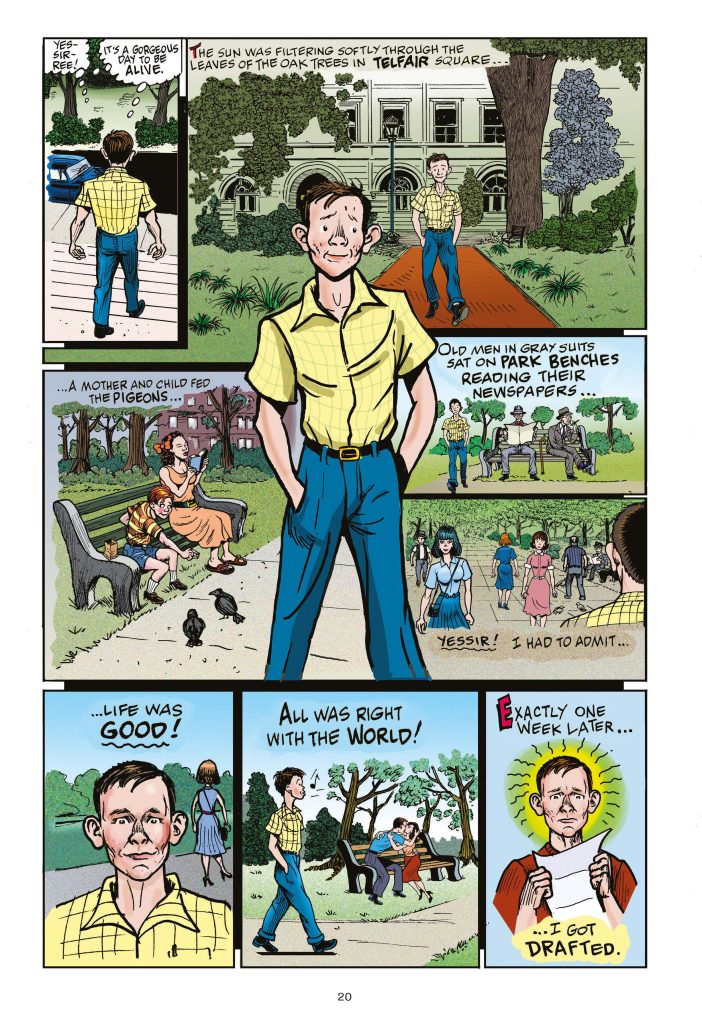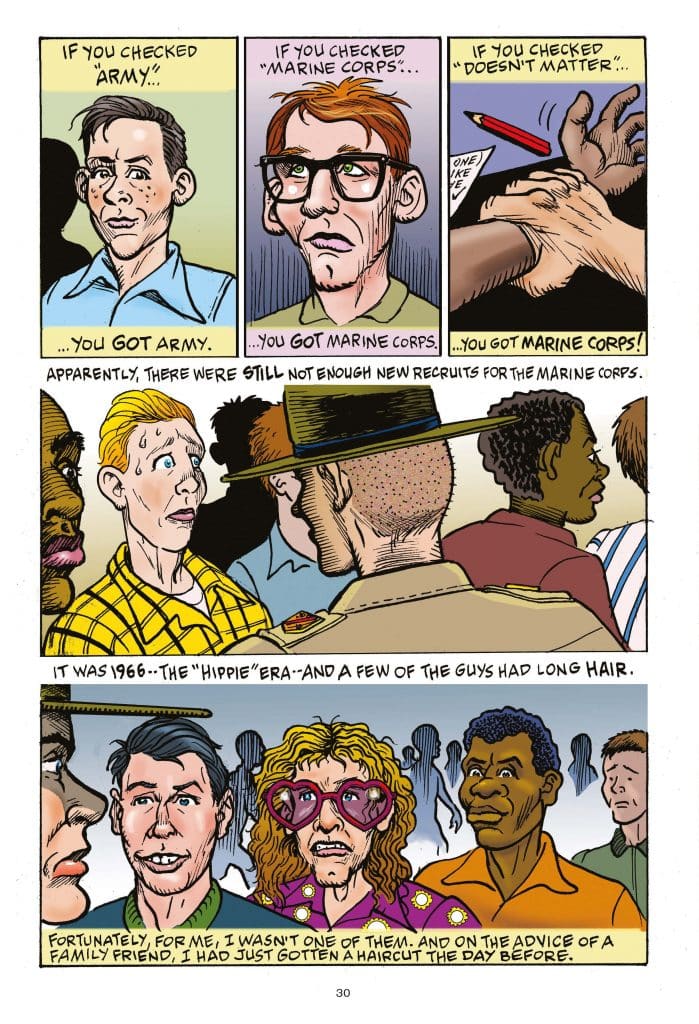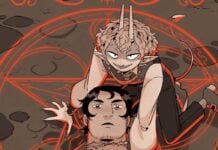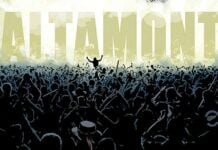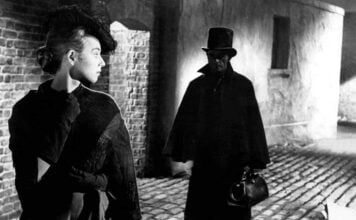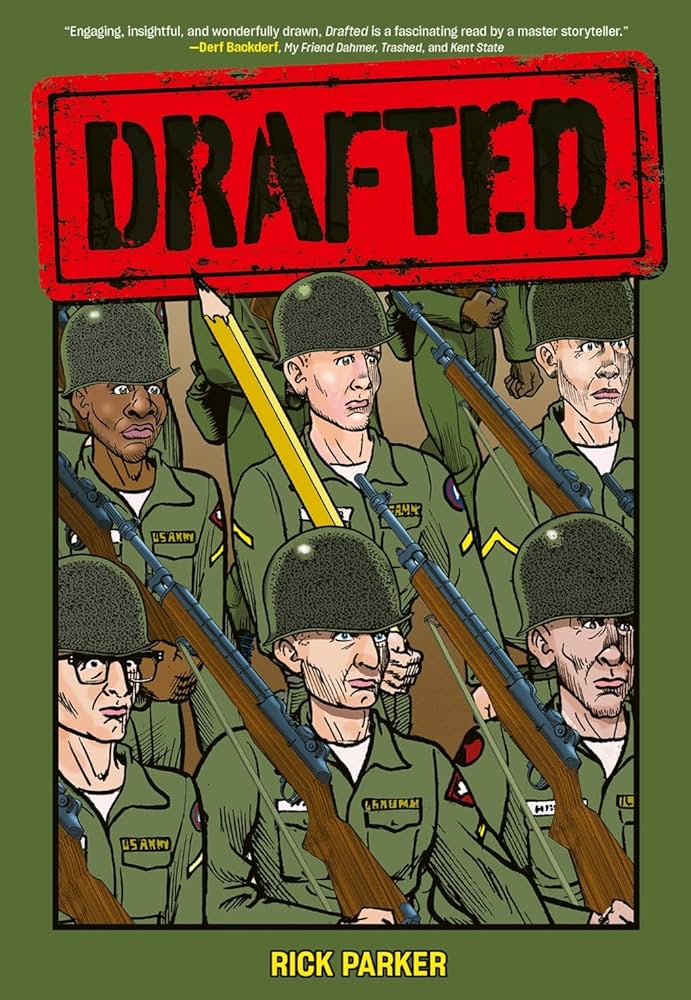
Written and Illustrated by Rick Parker
Edited by Charles Kochman
Designed by Josh Johnson
Published by Abrams Books
The absurdity of war has been well documented in pop culture. Full Metal Jacket, Apocalypse Now, Catch-22, Waltz with Bashir, and Charley’s War are but a few of the examples that best capture the bizarre nature of military culture and conflict. Even the most patriotic war narratives feature portrayals of some of the most ridiculous aspects of warfare, be it through the vitriol spewed out by drill sergeants in basic training or through the shortsighted strategies that would result in senseless death with little to no gains on the battlefield (remember FUBAR from Saving Private Ryan?). In his book Wartime (1989), for instance, World War II veteran Paul Fussell spoke about military chickenshit, referring to orders given by higher-ups that either made no sense or were actively illogical. Irrationality was the norm, and most everyone serving today will attest to this still being the case.
Cartoonist Rick Parker has added his own two cents into this veritable world of nonsensical chaos with his graphic novel memoir Drafted, about the author’s time in the Army after being drafted for service at the height of the Vietnam War. Parker’s experience, though, does not conform to the expectations attached to these types of narratives, where the subject is shown going through boot camp first and then being deployed into active combat zones. In Drafted, we get the story of a soldier that by virtue of cleverness, luck, and ludicrousness managed to stay back home to become a military officer. But as the book shows, avoiding Vietnam did not mean being spared the absurdities of war.
First and foremost, this is a story about finding one’s calling, of defining one’s purpose. For Parker, it’s about his desire to draw. In fact, it can be argued that his love of art dictated what his military experience would end up meaning to him. It’s actually what starts the book off.
Parker begins by going briefly into his family history and his sense of awkwardness growing up to account for the slightly odd path that led to his love for drawing, a path that includes a stop at an important moment of personal discovery that afforded him a lifetime of teachings: Playboy magazine. We get a pretty good idea of the guy the United States decided to draft to its military body quite quickly after that. From then on we get to see how an artistic mind navigates a new reality based on orders and regimented behavior.
Drafted is a masterclass in tone. The visuals are a big part of that as they convey multiple sentiments quite potently when needed. For instance, Parker’s cartooning style lends itself well to satire and humor, with a bit of ‘Sunday morning cartoon’ exaggeration at times to capture the ridiculousness of the situation and build upon the world he stepped into. Drill sergeants look like they’re walking sticks of dynamite ready to go at the slightest provocation; new recruits look hilariously indifferent to the alpha male energy the Army wants to project; and more experienced officers look like they’ve successfully grown indifferent to the nonsense they have to deal with on the daily.
When things get tonally dimmer, the art adjusts accordingly. In these parts of the story, the focus shifts towards ideas of tragedy, trauma, and confusion as intrinsic parts of the military experience. It’s a fact that these things will affect everyone regardless of whether they ended up in a jungle surrounded by the Vietcong or not. Some of the things Parker witnessed were truly terrifying, and they show that service on the homefront could also get quite dark and overbearing. The point isn’t to compare experiences with those draftees that went to Vietnam, or to equate them, though. It’s about exploring a different aspect of military life and how it came with its own challenges.
Drafted is an important addition not just to Vietnam War literature, but to war literature as a whole. It shows war as an idea that doesn’t start and end in combat. Instead it is presented as a kind of living organism at odds with itself. Rick Parker has a lot to say about this last point in particular, especially as it pertains to the amount of institutional madness that accompanies military service. And as it tends to go with madness, you either acknowledge it or you go crazy trying to make sense of it. Parker works through this admirably, and he finds that pen, ink, and paper were his most reliable soldiers all along.


